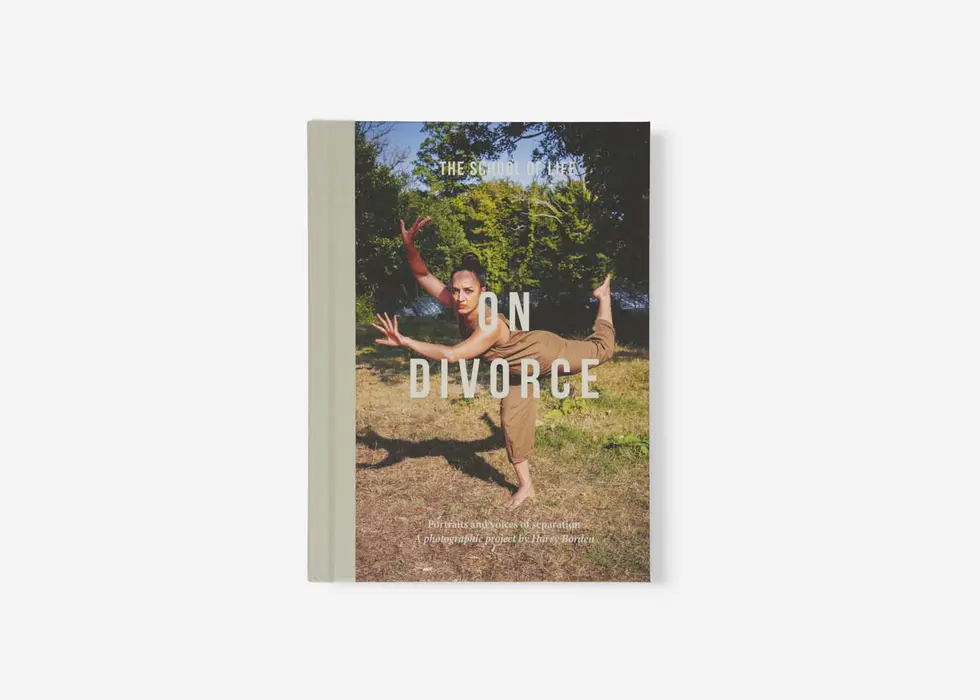Relationships • Compatibility
On Finding the ‘Right’ Person
Match.com is one of the world’s leading dating sites. Officially it is all in favour of people getting married. It eagerly relates stories of how members got together and stayed together. In fact it presents itself as a place where you should go if you hope to get into a long-term relationship.

Yet match.com is actually the enemy of long-term relationships and marriage.

There are many obstacles to being married. And getting together with someone is only the first – and in many ways the least challenging – of these hurdles.
Match.com is devoted to the task of helping us find the ‘right’ person, which, in its view, means someone who shares our tastes, interests and general attitudes to life. Match.com subscribes to the compatibility idea of relationships, which notes that we tend to get on best with people who share our interests. This might be true in the short term. But, over an extended period of time, the relevance of this fades dramatically. Indeed, the person who is best suited to us is not the person who shares our tastes, but someone who can negotiate differences in taste intelligently and wisely.

The search for compatibility is dangerous because it has a tendency to escalate absurdly. Two people who like reading and sport might fall out terribly because one is obsessed with crime fiction, while the other is always wanting to talk about archaeology. One wants to go to the hockey match but the other is obsessed with canoeing. So the temptation is to refine the search. But this leads to astonishing levels of detail. One ends up searching for a partner who is keen on fly-fishing and the novels of John le Carrè, who loves going camping in North Cornwall in September and who is sympathetic to the Liberal Party (but also an enthusiast of tactical voting). But, of course, two such people could easily come to blows over the colour of the bedroom curtains, children’s names, the use of napkins, or the ethics of fracking.

When people actually are together long-term, what they have to deal with are all the things that they don’t like about the other person and don’t share. That is the real challenge of relationships and yet it is one that is implicitly denied by Match.com, which emphasises precisely the opposite: ‘compatibility’ as the key to love.
The danger is that when lovers do get together, the moment they hit a hurdle, if they sense they are ‘incompatible’, they will panic. If their tastes in coffee or child rearing differ, then they had best split up – surely.
Rather than asking us ever more refined questions about our tastes in order to align them, Match.com should investigate what people are like when things end up mismatched, as they inevitably do in real relationships: when our lovers surprise us by not agreeing with us, when there is a need to back down, when one isn’t going to get all one wants. Rather than some notional idea of perfect complementarity, it is the capacity to tolerate difference that’s the true marker of the ‘right’ person.
Compatibility is an achievement of love; it shouldn’t be its precondition.


























